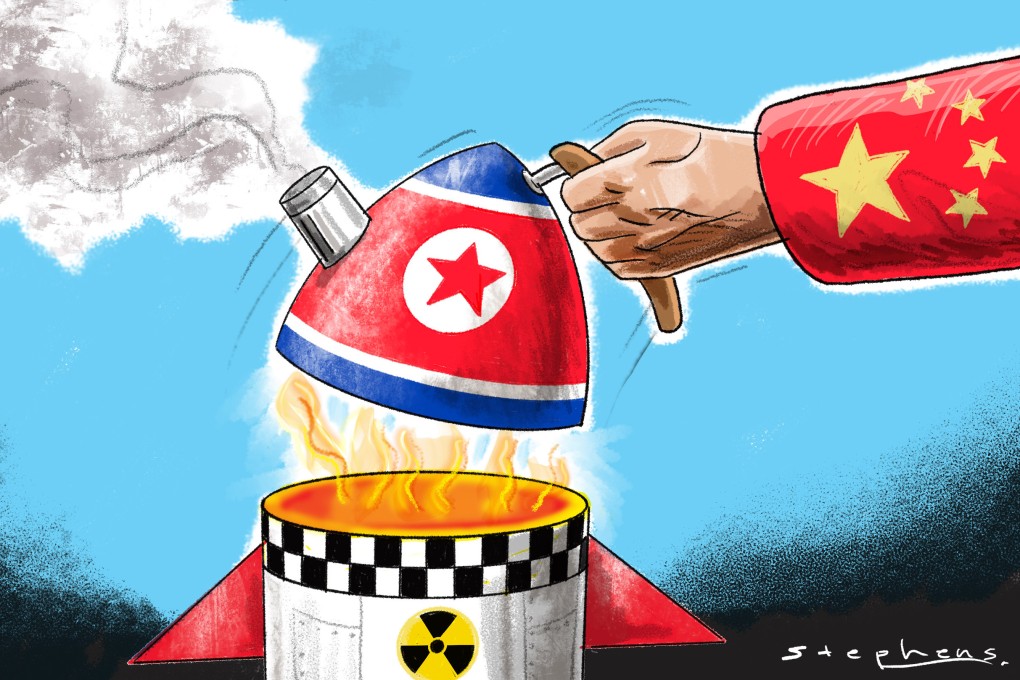Advertisement
Opinion | China should seize the moment to promote peace on Korean peninsula
The weakening of the Russia-North Korea alliance, political change in South Korea and Trump’s return create a conducive environment for denuclearisation talks
Reading Time:3 minutes
Why you can trust SCMP
4

China is at a crossroads as the most important player on the Korean peninsula. It must either tolerate continuous belligerent escalations from North Korea backed with nuclear weapons or promote peace and stability through denuclearisation of the peninsula and diminish US influence in the region.
During the past two months, a whirlwind of profoundly important political events has occurred with far-reaching implications for the global order.
US president-elect Donald Trump’s return to power has ignited intense speculation and pre-emptive action regarding his promise to broker peace following Russia’s invasion of Ukraine.
In South Korea, President Yoon Suk-yeol’s declaration of martial law and subsequent impeachment has thrown the nation into political chaos. In Syria, rebel forces toppled president Bashar al-Assad’s regime, sending shock waves through the Middle East and Moscow. As a consequence of these events, five strategic variables mark a turning point for the denuclearisation of the Korean peninsula and how China can act on it.
First, Trump’s second term will result in a political shift for the US. President Joe Biden’s objective in northeast Asia has been primarily to check China’s rise by forging alliances, such as the trilateral partnership with South Korea and Japan, and the Aukus defence pact with Australia and the UK. Trump’s regional policy will not be burdened with the rules-based order advocated by his predecessor.
In addition, Trump’s relationship with North Korean leader Kim Jong-un might lead to renewed talks. Most importantly, this shift could push South Korea and Japan to take more responsibility for their defence. Leaders of both countries have expressed an interest in joining the nuclear club to deter North Korea, and increased militarisation and nuclear expansion are not in China’s best interests.
Advertisement
Select Voice
Choose your listening speed
Get through articles 2-3x faster
1.1x
220 WPM
Slow
Normal
Fast
1.1x

